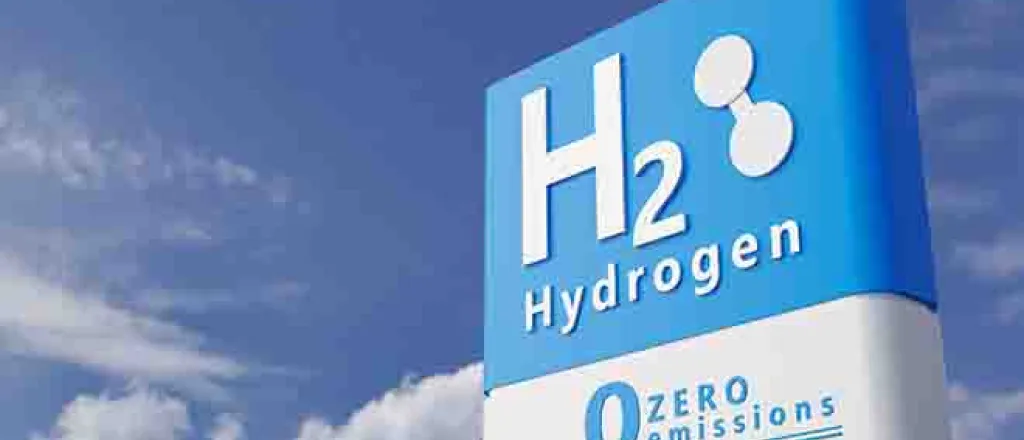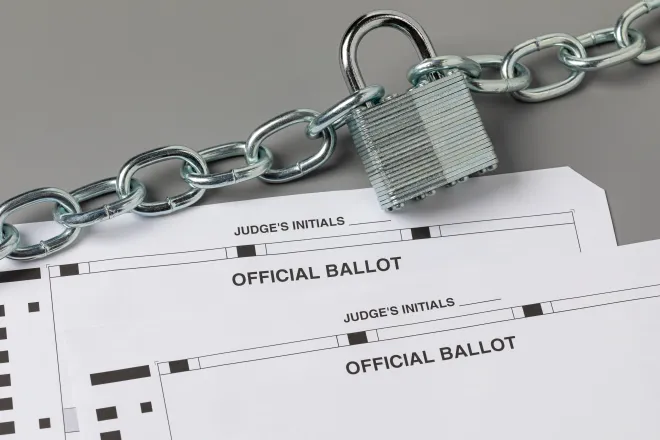
Report: Blue hydrogen hype not backed up by science
(Ohio News Connection) New research from the Institute for Energy Economics and Financial Analysis found making hydrogen from natural gas, so-called "blue hydrogen," is not much better than burning fossil fuels, and will waste billions in federal government spending.
David Schlissel, director of resource planning analysis at the Institute for Energy Economics and Financial Analysis and the study's co-author, said people should be paying attention to the issue because the federal government is banking on blue hydrogen technology he argued could worsen climate change instead of mitigating its effects.
"The government is planning to spend maybe upwards of $70 billion on subsidies related to hydrogen," Schlissel pointed out. "There are a lot of uncertainties with the technology, and with factors like how much natural gas, which is used in the production of blue hydrogen, how much is going to leak into the atmosphere."
In addition, the report found government agencies may be significantly understating the environmental impact of methane, the primary component of natural gas. Fossil fuel companies have said blue hydrogen produced from methane or coal can be manufactured cleanly and can be part of the solution to the climate crisis.
Schlissel contended U.S. Department of Energy models are also based on an extremely optimistic set of assumptions about future carbon-capture technology. Models currently estimate 95 percent or more of the carbon dioxide produced at blue hydrogen facilities will be captured.
"There is no facility in the world that captures anywhere near that much carbon dioxide," Schlissel countered. "And the testing that's gone on to date is relatively small scale."
According to the report, carbon dioxide emissions involved in fully compressing, storing and transporting the hydrogen to the site where it will be used is more than three times as much as the Department of Energy's clean hydrogen standard.
















